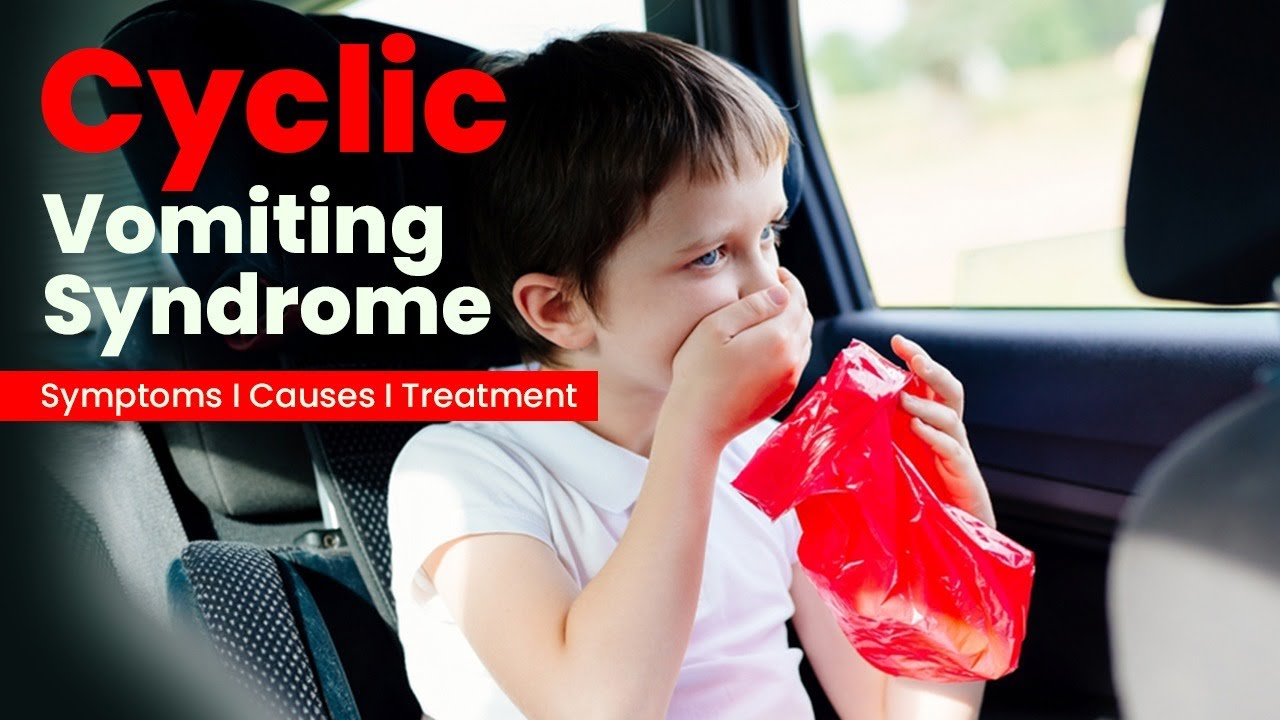
DiYES International School – Cyclic Vomiting Syndrome is a rare and mysterious disorder that affects both children and adults, though most often it begins during childhood. It involves sudden, repeated episodes of intense vomiting that can last for hours or even days. In between attacks, the person may appear perfectly healthy. This unpredictability makes the syndrome not only difficult to diagnose but also deeply disruptive to daily life. Many children miss school, social events, and even family outings because of it. Parents are often left feeling helpless as they try to support their child through yet another episode. The condition is frequently mistaken for stomach flu or food poisoning, which delays proper diagnosis. Early intervention can make a difference, but awareness remains low. While some families may eventually find a management strategy, the emotional and physical toll is often overwhelming. This illness turns normal routines upside down and isolates children from their peers.
Families dealing with Cyclic Vomiting Syndrome often feel like they are living in constant fear of the next episode. A child might be completely fine in the morning, only to start vomiting uncontrollably by afternoon. Trips must be cancelled, school attendance becomes irregular, and simple plans like sleepovers or sports events feel impossible. The unpredictability of Cyclic Vomiting Syndrome causes deep anxiety for both the child and the caregivers. Schools may not understand the condition and accuse parents of exaggerating symptoms. Meanwhile, siblings might feel neglected, and parents can experience burnout from sleepless nights and repeated hospital visits. There is also the financial burden of medications, ER visits, and lost work hours. Families often have to make drastic lifestyle changes just to cope. All of this occurs without the condition being visible to outsiders. It is a daily battle that many endure quietly, with few resources or community support.
“Read about: When Hair Vanishes Overnight: The Scary Reality of Alopecia Areata in Kids!”
Doctors and researchers still do not fully understand what causes Cyclic Vomiting Syndrome. It is believed to be linked to problems with the brain-gut connection, possibly involving migraines or mitochondrial dysfunction. Triggers vary from person to person. Some common ones include stress, lack of sleep, certain foods, or even excitement. Because symptoms are similar to many other illnesses, it is often misdiagnosed for years. Some patients go through endless rounds of tests without clear answers. This only adds to the frustration and emotional distress. Many families report feeling dismissed or misunderstood by healthcare professionals. A few medications can help reduce the frequency and severity of attacks, but no universal cure exists. Managing the condition often becomes a complex puzzle of avoiding known triggers and sticking to strict routines. Families must also keep detailed health logs to track patterns. This detective work can be exhausting, especially when progress feels slow.
Living with a chronic and unpredictable illness affects a child’s emotional well-being. Children with Cyclic Vomiting Syndrome often miss out on major life moments. School events, holidays, and birthdays can be overshadowed by sudden attacks. Some children feel embarrassed or isolated, especially if peers do not understand their condition. Emotional stress may even act as a trigger, which adds pressure to stay calm in social situations. Over time, this can lead to anxiety, depression, or withdrawal. Parents try to offer emotional support, but children may still feel different or left out. Teachers and friends might misinterpret symptoms as attention-seeking behavior. This misunderstanding can lead to bullying or exclusion in school. The fear of vomiting in public can also prevent children from participating in normal activities. Mental health care should be part of any treatment plan, yet it is often overlooked. Addressing both the physical and emotional aspects is essential for long-term coping.
“Read more: Hidden Heroes: How ADRA Is Quietly Saving Thousands of Kids from Trafficking in Asia!”
Despite the severity of the condition, public awareness of Cyclic Vomiting Syndrome remains low. Educational campaigns can help schools, hospitals, and communities better understand the illness. Training teachers and healthcare workers to recognize symptoms would allow quicker support for affected families. Online communities and support groups have become a vital source of information and connection. Families often share stories, tips, and emotional encouragement in these digital spaces. More funding for research is urgently needed to discover causes, improve treatments, and one day find a cure. Advocacy efforts should also include pushing for insurance coverage of treatment costs. Parents can also work with local schools to create individualized health plans for their children. These plans help educators respond properly during an episode. By spreading awareness, more children can receive the care they need. A society that listens and adapts can reduce the suffering caused by conditions like this.